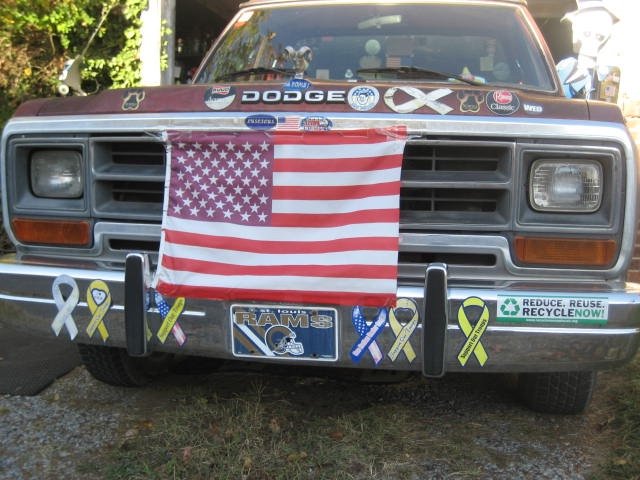What Are the Worst Social Media Sites for Fueling Hatred of the Other Side?
Last week I wrote about how trying to protect yourself and being wary of people can actually end up causing us more harm than good. Protecting ourselves from betrayal or hurt often backfires and makes us unlikable. Research shows that warm, open people inspire others to respond with warmth. And, amazingly, choosing to trust other people often makes them more trustworthy. Here’s the article.
This is not about being naive and gullible. This is about a default disposition. It’s about choosing to trust and assume the best about others UNLESS there’s evidence to the contrary. So there’s still wisdom and discernment involved, but we’re looking through the eyes of love and grace, not suspicion and accusation.
The article from the Atlantic, and I think the research cited, was basically concerned with these principles on a personal, intimate level and how they affect friendships and romantic relationships. But I think this is all applicable on a national or global level also. In our political environment, I’ve seen a shift in the past decade toward more people on both sides of volatile issues assuming the worst of the other side. Democrats assume conservatives are gun-toting, hateful racists. Republicans assume liberals are gender-bending child-predators and baby killers. Volatile social media sites are inciting this. What are the worst sites for doing this?
Very few members of either political party fall into the extreme end of the political spectrum, but each side caricatures the other side by those extremes. If we continue to do that, it will be an unbridgeable divide. But if we can accept that most people are not too far off from our own political beliefs, somewhere in the middle 50% of the spectrum, we can at least work together, sometimes find common ground and sometimes compromise when we need to – compromise POLITICALLY, not morally. To live together in a democracy, we have to accommodate people who don’t agree with us, but that’s not an abandonment of our values. It’s simply being able to live peaceably with people we don’t agree 100% with – just like we do in families. The difference is that in our families, we love the other side. We see their good qualities and assume the best. Can we learn to do that politically?




